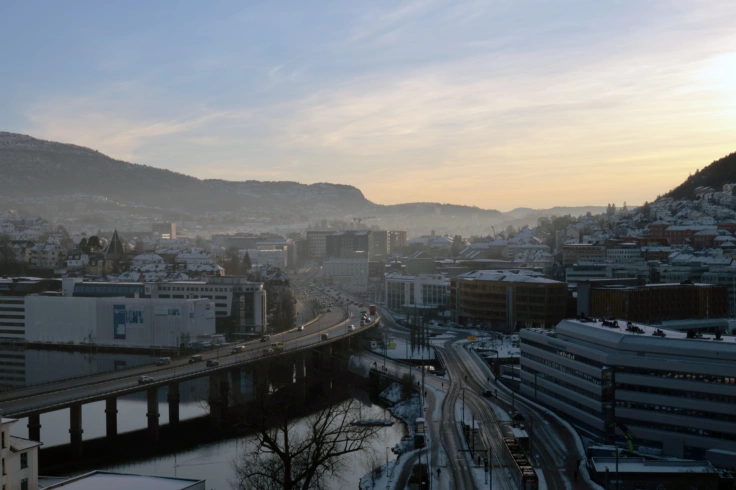
Å gi byer det de trenger for å håndtere klimaendringer, forbedrer både klodens miljø og lokale levevilkår.
Les merFinn en ekspert
Våre forskere er ansatt enten hos NORCE, UiB, Nansensenteret eller Havforskningsinstituttet. Forskerne jobber sammen på tvers av ulike naturvitenskapelige disipliner. Finn forskere med fagbakgrunn blant annet innen meteorologi, oseanografi, geologi, geofysikk, biologi og matematikk.
Publikasjoner
Forskere ved Bjerknessenteret publiserer mer enn 200 vitenskapelige artikler hvert år.
Prosjekter
Forskere ved Bjerknes er involvert i flere prosjekter, både nasjonalt og internasjonalt. Prosjektene eies av partnerinstitusjonene, med unntak av våre strategiske prosjekter.
Kalender
Se alle06.02.26
Styremøte Bjerknessenteret

10.02.26
Special seminar: Bjerknes Distinguished Speaker Dr. Kaustubh Thirumalai

17.02.26
Carbon System Group meeting
Dear all, we would like to invite you to a Carbon System Group meeting (17.02., 13-15:00h, BCCR undervisningsrom in the 4th floor) focused on dialogue and strengthening cooperation within the group. We would like to: discuss the strategy currently being developed at the Bjerknes Centre and openly discuss concerns related to this strategy explore new meeting formats that are more interactive, better connected to ongoing activities, and supportive of collaboration and networking Inspire cooperation by inviting 10 people (chosen alphabetically on the group list - you will receive an additional email if you are among the chosen ones) to give a very short presentation (2–3 slides, 3–5 minutes) addressing: What you will work on in the next 12 months What you would love to do scientifically if there were no constraints What kind of cooperation or expertise would help or be needed to make this scientific wish possible Our aim is to find a way of meeting that is useful, engaging, and relevant to you, and that helps us stay up to date while strengthening scientific cooperation across the group. We very much hope you will join us for this session and contribute to shaping both the strategy discussion and a meeting format that works well for the Carbon System Group. If you have thoughts or wishes regarding the meeting format or topics you would like to see addressed, feel free to share them with us. All the best Nadine and Are
Våre forskningsgrupper
Andre forskningsområder
Lær om klima
Se alleAktuelt
Se alle
26.01.26
Hva er inversjon?
Når det er sol, kaldt og vindstille på vinteren kan vi få inversjon. Det fører til at temperaturen øker jo høyere du kommer, noe som er motsatt av normalen.

13.01.26
Avgjørende med godt byklima
Flertallet av verdens befolkning bor i byer. Å utruste byene for å håndtere klimaendringer forbedrer både klodens miljø og lokale levevilkår.

29.12.25
Bjerknesåret 2025
Et nytt år står klar på dørstokken. Mens vi venter på alt det nye er det ikke så dumt å ta et øyeblikk for å se tilbake på året som var.





